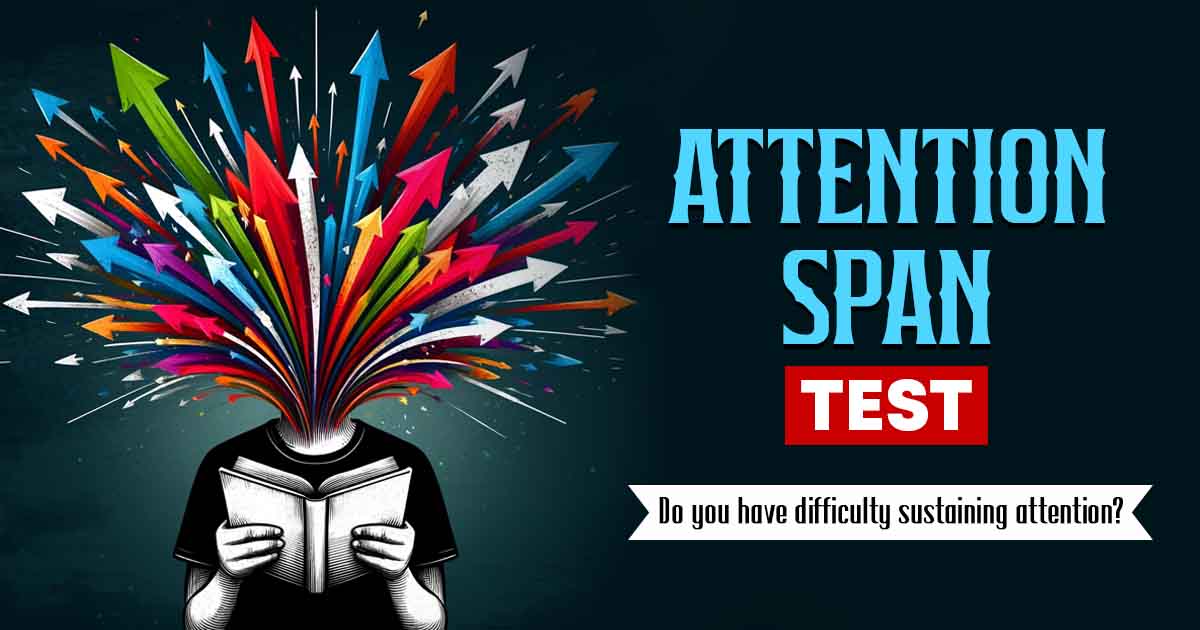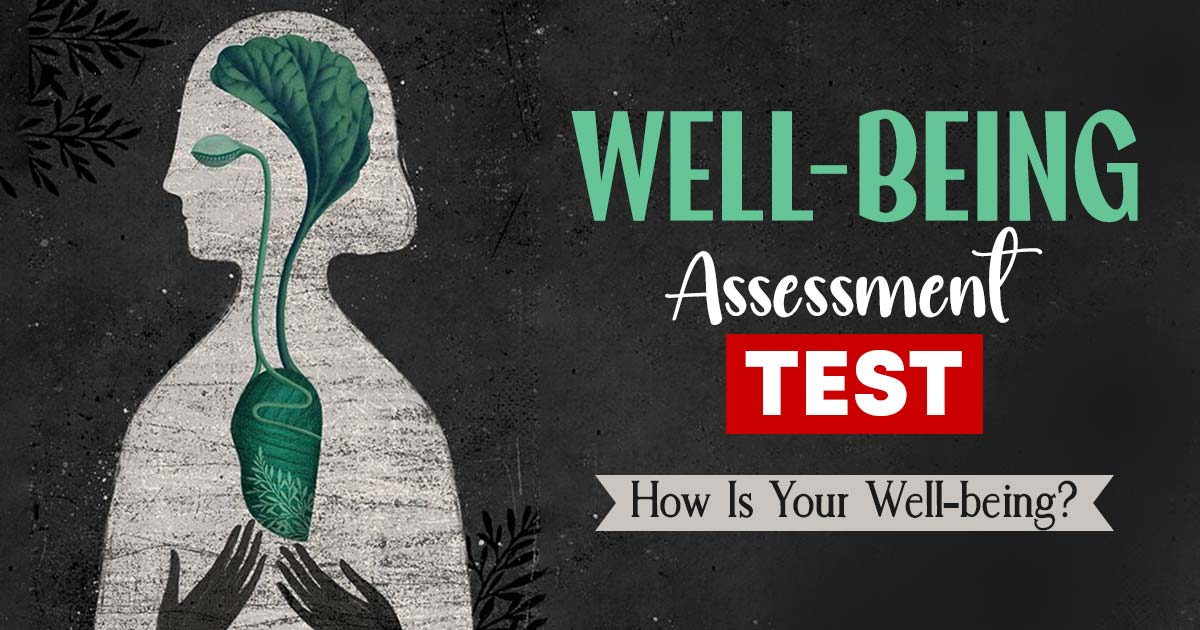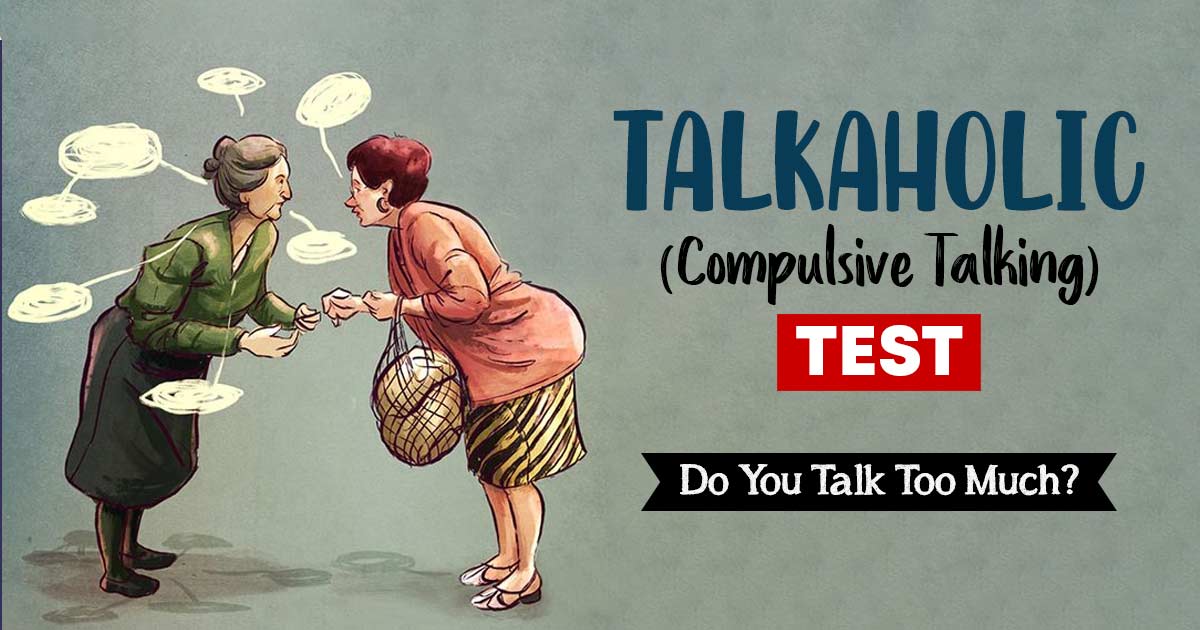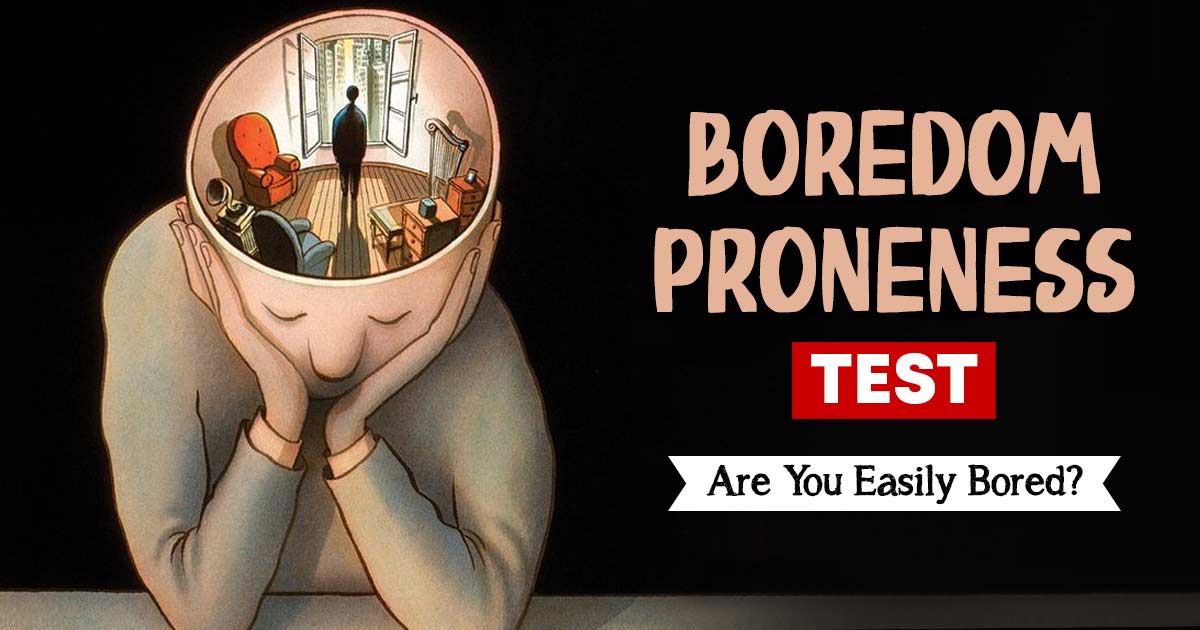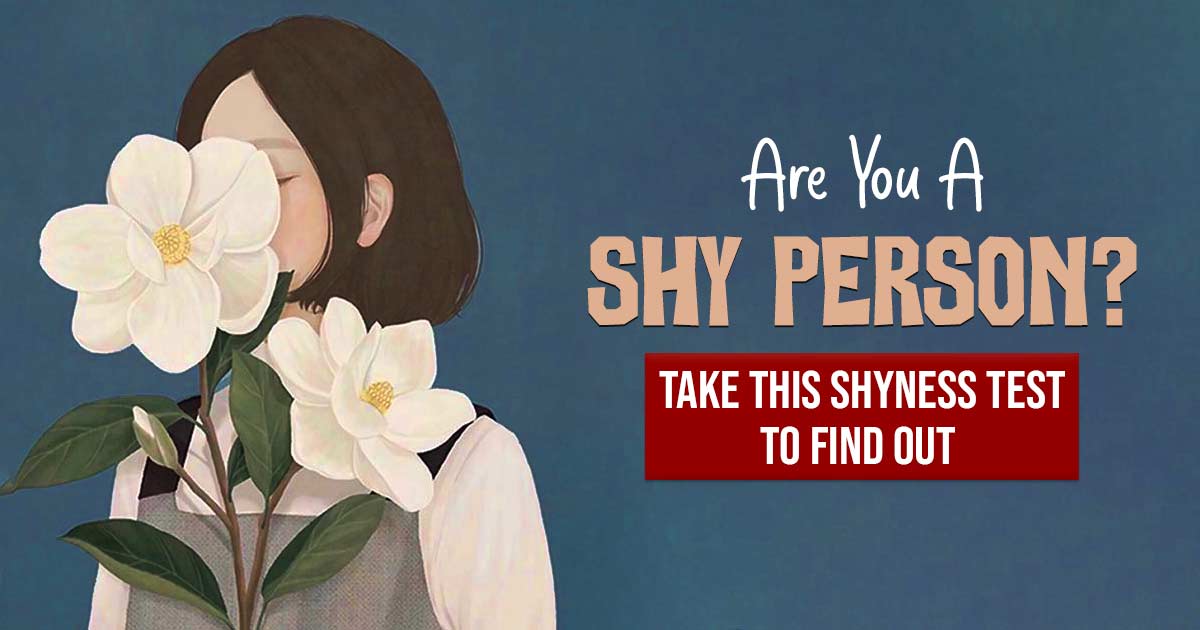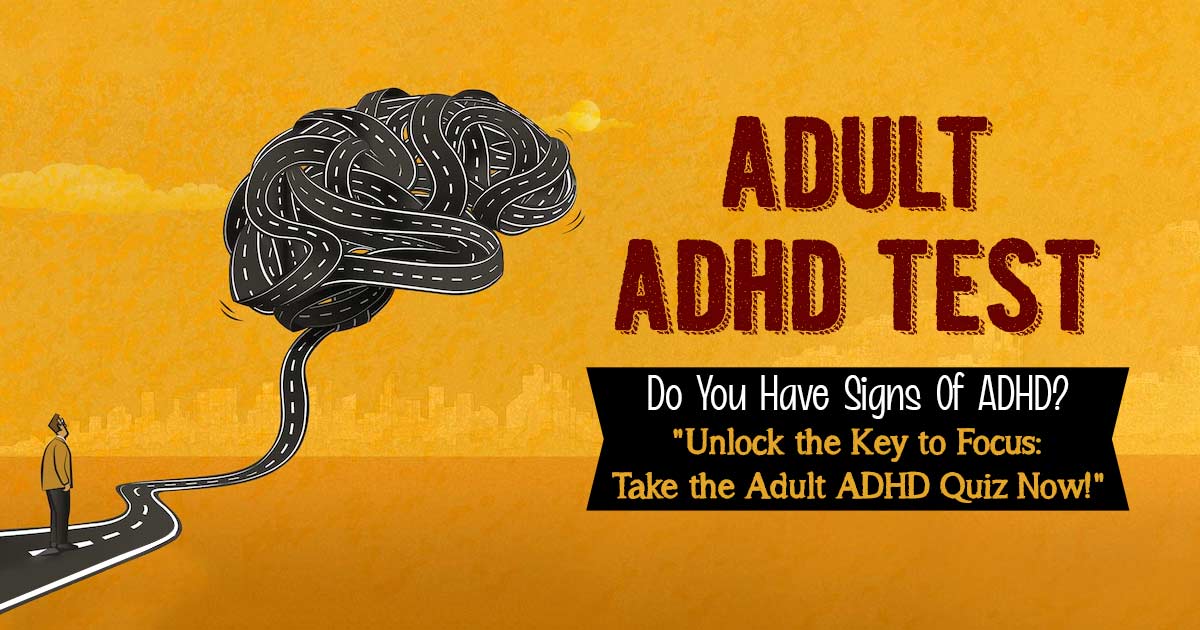Do you find it challenging to maintain emotional balance when upset? Can you navigate both positive and negative aspects of a situation without being overly critical of yourself? Are you able to embrace your flaws with compassion, or do you tend to be overly judgmental? Take this free self-compassion test to gain insights into your level of self-compassion and how you handle emotions and imperfections.
What is Self-Compassion?
Self-compassion is a mindset and practice of treating oneself with kindness, understanding, and acceptance, especially during times of difficulty, failure, or suffering. It involves three key components: Self-kindness, common humanity and mindfulness.
Self-compassion helps individuals develop a positive and supportive relationship with themselves, fostering resilience, emotional well-being, self-acceptance, that contributes to improved mental health and increased self-esteem. Some characteristics of people with traits of self-compassion include:
- Being Kind and supportive towards oneself
- Being non-judgmental in self-acceptance
- High ability of emotional regulation and resilience.
- A clear sense of mindful awareness
- Maintaining healthy boundaries, even after empathizing to others.
Instructions For Taking Self-Compassion Test
Below is a list of statements relating to an individual’s traits of self-compassion. Please read each statement carefully, and select options that you find relevant for you.
Please note: This self-compassion test is a self-assessment and not a diagnostic test.
Assessment Summary
0 of 15 Questions completed
Questions:
Information
You have already completed the assessment before. Hence you can not start it again.
Assessment is loading…
You must sign in or sign up to start the assessment.
You must first complete the following:
Results
Results
Your time:
Time has elapsed
You have reached 0 of 0 point(s), (0)
Earned Point(s): 0 of 0, (0)
0 Essay(s) Pending (Possible Point(s): 0)
Categories
- Mental Health Assessment 0%
-
Traits of Low Self-Compassion
Your present score indicates that you have signs of low traits of Self-Compassion. This indicates that to a few extent you might handle your drawbacks and balance your emotion in tough situations and might approach to your feelings passionately in a few cases when feels upset. Apart from this, your score indicates that a few times you may accept your flaws without being judgmental and might tolerate blaming/bullying or other negative responses.
Besides this, your score indicates that in a few cases you might set realistic expectation for yourself and might engage seeking alternate plans if a plan doesn’t work. Along with this, it might be possible that to a few extent you might seem to be aware of the ways that help soothing your mental health. However, it should be noted that your responses may have an impact on your physical, psychological, social, academic/career and other areas of functioning. If you think the results do not accurately match your characteristics, then we would encourage you to consult a Psychologist for an accurate result.
Want to learn more?
Some ways you can develop your traits of self-compassion such as treating yourself with kindness and compassion in your thoughts and actions, developing a habit of being present and aware of your thoughts, emotions, and sensations without judgment, challenging self-critical thoughts, questioning their validity and replacing them with more compassionate and realistic perspectives, practicing reframing negative self-talk, acknowledging and validating your emotions, accepting them as a natural part of being human and finally prioritizing self-care activities that nourish your well-being, such as engaging in hobbies you enjoy, getting sufficient rest, eating nourishing food, and engaging in regular exercise. If you want to know how to develop your need for achievement, talk to our professional psychologists.
You can use our Mood Tracker to stay mindful of your mood every day, identify your innermost thoughts & emotions on a daily basis. It will aid you in doing all those things you love, while limiting activities that might dampen your mood.
-
Traits of Moderate Self-Compassion
Your present score indicates that you have signs of moderate traits of Self-Compassion. This indicates that sometimes you might handle your drawbacks and balance your emotion in tough situations, and might approach to your feelings passionately in some cases when feels upset. Apart from this, your score indicates that often you may accept your flaws without being judgmental and might tolerate blaming/bullying or other negative responses.
Besides this, your score indicates that to some extent you might set realistic expectation for yourself and might engage seeking alternate plans if a plan doesn’t work. Along with this, it might be possible that to some extent you might seem to be aware of the ways that help soothing your mental health. However, it should be noted that your responses may have an impact on some of your physical, psychological, social, academic/career and other areas of functioning. If you think the results do not accurately match your characteristics, then we would encourage you to consult a Psychologist for an accurate result.
Want to learn more?
Some ways you can develop your traits of self-compassion such as treating yourself with kindness and compassion in your thoughts and actions, developing a habit of being present and aware of your thoughts, emotions, and sensations without judgment, challenging self-critical thoughts, questioning their validity and replacing them with more compassionate and realistic perspectives, practicing reframing negative self-talk, acknowledging and validating your emotions, accepting them as a natural part of being human and finally prioritizing self-care activities that nourish your well-being, such as engaging in hobbies you enjoy, getting sufficient rest, eating nourishing food, and engaging in regular exercise. If you want to know how to develop your need for achievement, talk to our professional psychologists.
You can use our Mood Tracker to stay mindful of your mood every day, identify your innermost thoughts & emotions on a daily basis. It will aid you in doing all those things you love, while limiting activities that might dampen your mood.
-
Traits of High Self-Compassion
Your present score indicates that you have signs of high traits of Self-Compassion. This indicates that in most cases you might strongly seem to handle your drawbacks and balance your emotion in tough situations, and might approach to your feelings passionately in most cases when feels upset. Apart from this, your score indicates that in most frequent cases you may accept your flaws without being judgmental and might strongly tolerate blaming/bullying or other negative responses. Besides this, your score indicates that in maximum cases you seem to set realistic expectation for yourself and mostly engage seeking alternate plans if a plan doesn’t work.
Along with this, it might be possible that you seem to be strongly aware of the ways that help soothing your mental health. However, it should be noted that your responses may have a strong impact on your physical, psychological, social, academic/career and other areas of functioning. If you think the results do not accurately match your characteristics, then we would encourage you to consult a Psychologist for an accurate result.
Want to learn more?
Some ways you can develop your traits of self-compassion such as treating yourself with kindness and compassion in your thoughts and actions, developing a habit of being present and aware of your thoughts, emotions, and sensations without judgment, challenging self-critical thoughts, questioning their validity and replacing them with more compassionate and realistic perspectives, practicing reframing negative self-talk, acknowledging and validating your emotions, accepting them as a natural part of being human and finally prioritizing self-care activities that nourish your well-being, such as engaging in hobbies you enjoy, getting sufficient rest, eating nourishing food, and engaging in regular exercise. If you want to know how to develop your need for achievement, talk to our professional psychologists.
You can use our Mood Tracker to stay mindful of your mood every day, identify your innermost thoughts & emotions on a daily basis. It will aid you in doing all those things you love, while limiting activities that might dampen your mood.
- 1
- 2
- 3
- 4
- 5
- 6
- 7
- 8
- 9
- 10
- 11
- 12
- 13
- 14
- 15
- Current
- Review
- Answered
- Correct
- Incorrect
-
Question 1 of 15
1. Question
I can balance the positivities and negativities of a situation
-
Question 2 of 15
2. Question
I can empathize and accept myself in those situations where I have nothing to do
-
Question 3 of 15
3. Question
I can patiently handle my drawbacks
-
Question 4 of 15
4. Question
Failure doesn’t mean to me an end of everything
-
Question 5 of 15
5. Question
I am kind to others as well as I am kind to me
-
Question 6 of 15
6. Question
When I feel down, I try to approach my feelings passionately
-
Question 7 of 15
7. Question
I believe that everything around is not under control of mine
-
Question 8 of 15
8. Question
I set realistic expectation for myself
-
Question 9 of 15
9. Question
I try to seek alternate plans when my basic plan doesn’t work
-
Question 10 of 15
10. Question
I can tolerate and handle carefully blaming/bullying/negative response from others
-
Question 11 of 15
11. Question
I am not judgmental to anyone and do not allow anyone to put judgement on me
-
Question 12 of 15
12. Question
I try to re-evaluate my emotions to analyze its perspective from different ways
-
Question 13 of 15
13. Question
I give time to myself and cherish the beauty within me
-
Question 14 of 15
14. Question
I energize and motivate myself during a tough job with my previous achievement
-
Question 15 of 15
15. Question
I am aware of the ways that help soothing my mental health


